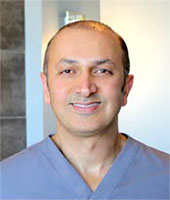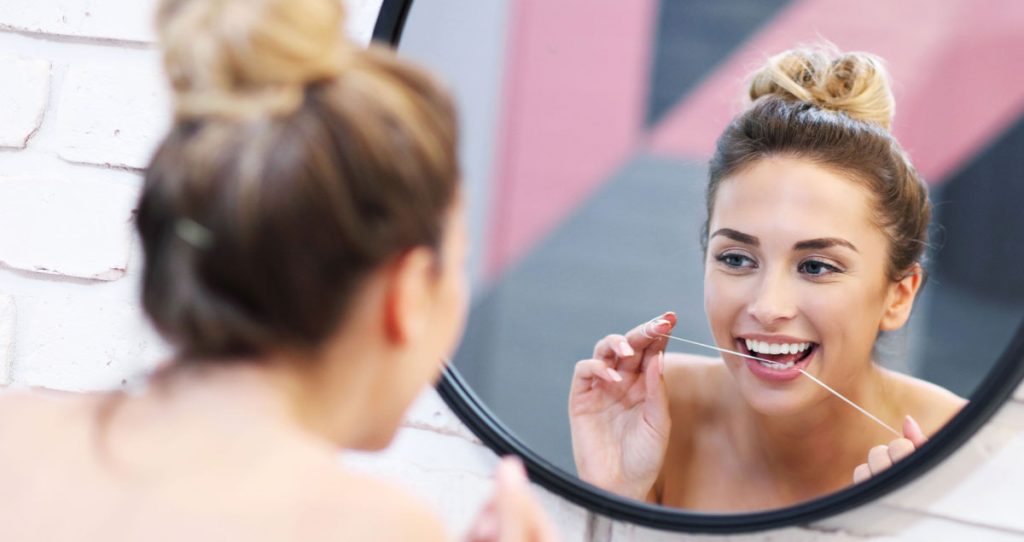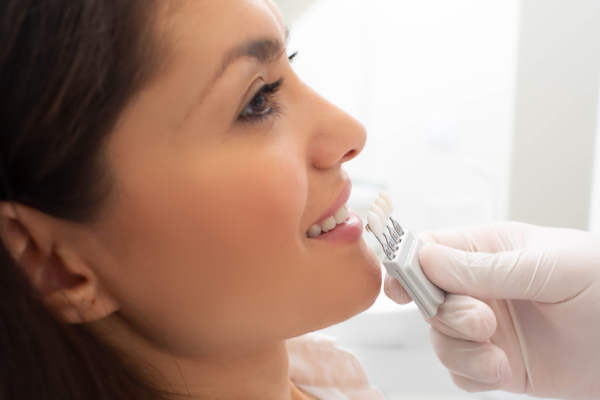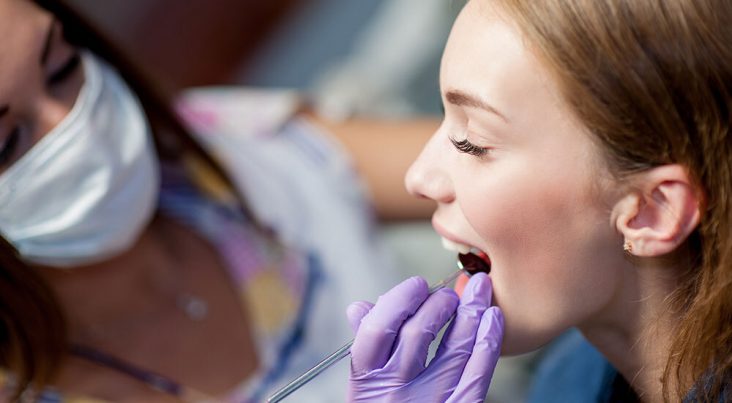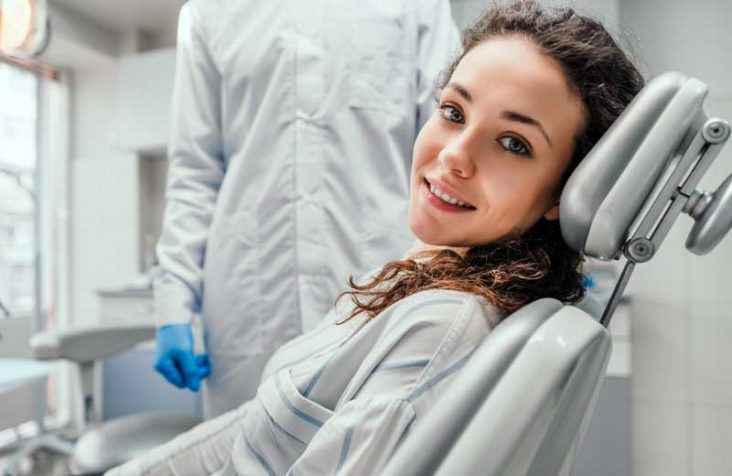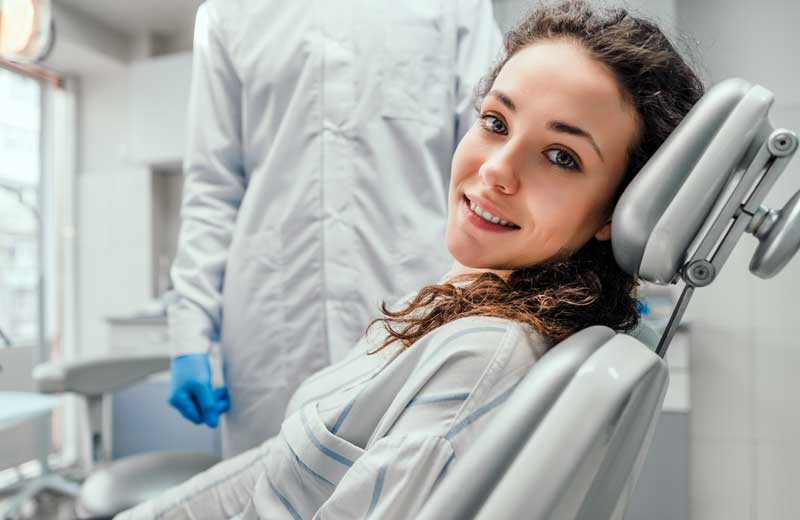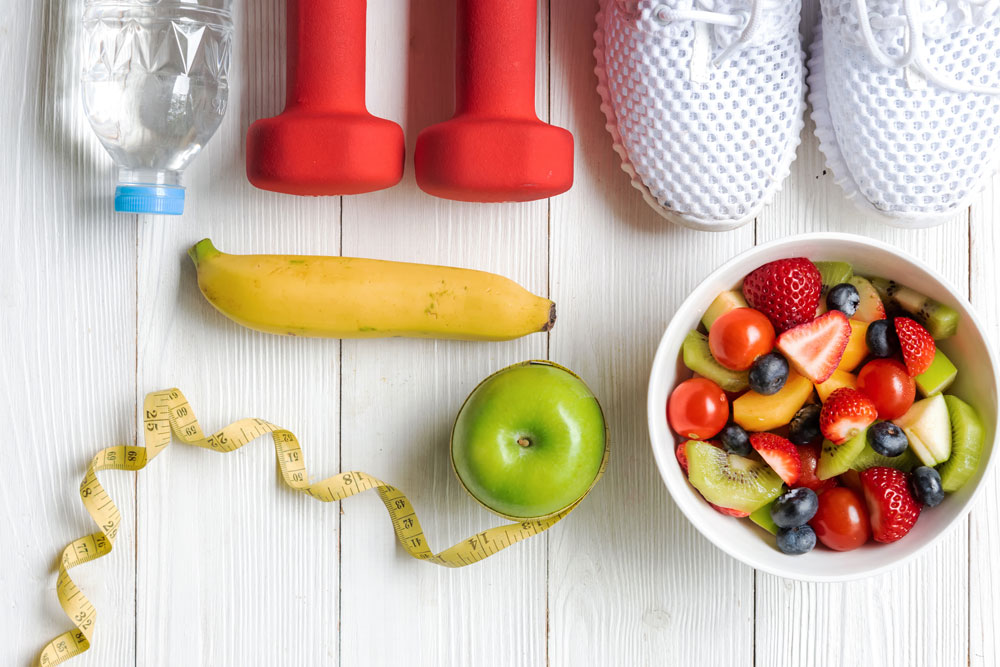
For many patients, a dental checkup is the absolute essential to maintaining the longevity and health of their smile. Dentists advise that dental checkups are scheduled twice per year. However, not everyone actually goes through with having their regular dental exams and checkups in the year. Skipping a check-up can leave your teeth vulnerable to many risks and conditions. Here are things that can go awry with your teeth without a regular checkup schedule.
Cavities can Occur
Cavities are not easily detectable or visible right away. This can be risky as without a check-up, your dentist may not be able to see the clear signs of cavities. In addition, they can worsen overtime is you may not have the timely and preventative treatment necessary to restore your teeth.
Gum Disease Becomes a Higher Risk
Another risk of missing dental check-ups is the occurrence of gum disease. This condition generally is treated best when it is detected early. Many patients are not aware that they have this condition because the symptoms do not stand out right away. With a dental check-up, you can have a cleaning perform that targets the gum lines and helps manage any bacteria from accumulating. In addition, a good cleaning can reduce the chances of long-term gum disease and even conditions such as jaw deterioration.
Other Important Notes
It is imperative to understand that dental check-ups are necessary to reduce the most serious conditions that can affect your teeth, gums, and jaw. Except for cavities and gum disease, the jaw can be prone to shifting over time, which can lead to issues with your bite as well as crowding of the teeth. With timely treatment as a result of a regular check-up schedule, you can prevent the chances of these conditions occurring or worsening.
Dr. Shervin Louie and his team in Los Angeles can provide consistent dental care to help you maintain your smile. Contact our team today to schedule a consultation.
